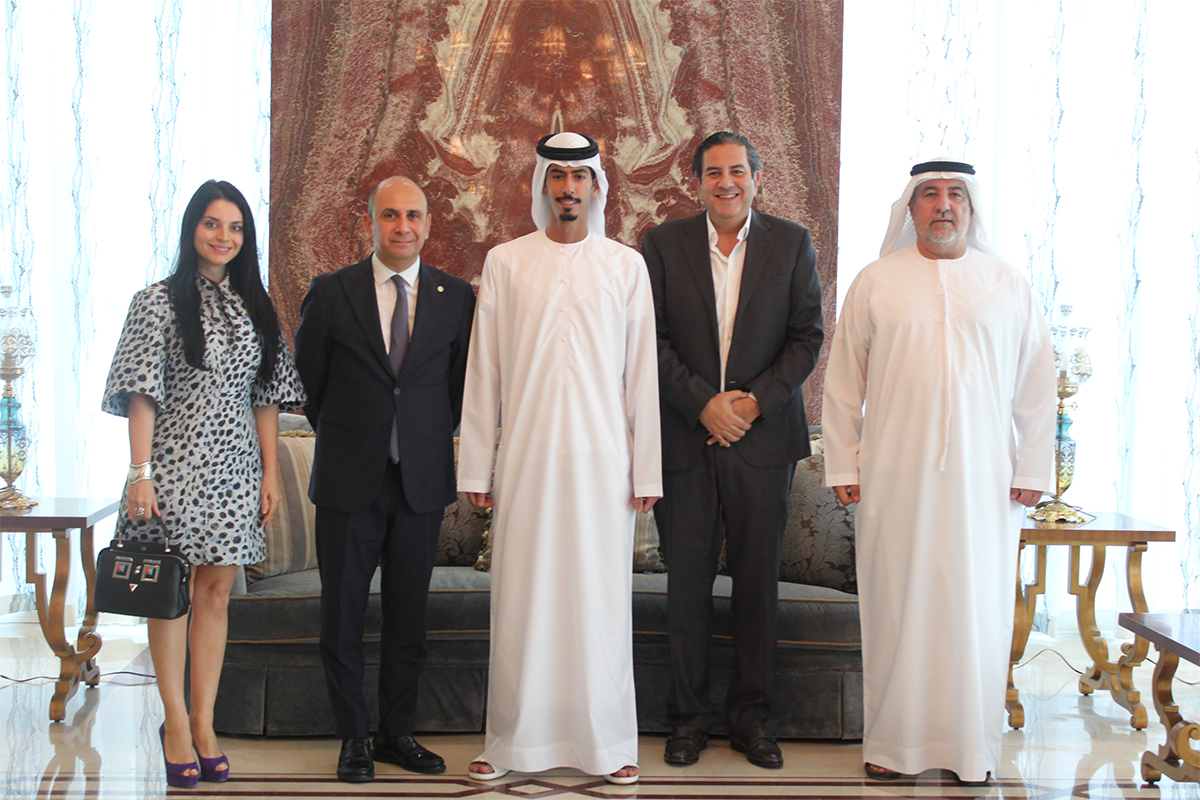Qatar's Emir Sheikh Tamim bin Hamad Al-Thani announced on Tuesday that the Gulf state will hold a referendum to vote on constitutional amendments, including a proposal to return to the appointment system for the Shura Council. During his speech at the Shura Council's ordinary session, the Emir emphasized that the council is not a representative parliament in a democratic system, and its status and powers will remain unaffected whether its members are chosen by elections or appointment, as reported by the state-run Qatar News Agency (QNA).
In 2021, Qatar elected two-thirds of the Shura Council members, a shift from the previous system where the Emir appointed all members. Sheikh Tamim explained that the members of the Shura Council, whether appointed or elected, are tasked with debating laws and actions of the executive authority impartially and presenting recommendations to the Emir.
The proposed legislative amendments aim to ensure the unity of the people and equal citizenship. The council will review the draft amendments and put them to a referendum. The abolishment of elections is intended to address the tribal tensions that arose during the first elections, where only descendants of Qataris who were citizens in 1930 were eligible to vote and run. No women were elected in the two-thirds elected portion of the council, prompting the Emir to appoint two women among the appointed third.
Danyel Reiche, a Qatar-based politics expert, noted that a return to appointments could ease societal tensions by ensuring all major tribes are represented and no one feels excluded. This perspective highlights the potential benefits of the proposed changes in fostering social cohesion.
On the economic front, Sheikh Tamim highlighted Qatar's achievements in reducing the public debt level from 73% of GDP in 2020 to less than 44% by the end of 2023. The inflation rate decreased to 1.4% by the end of July, down from 5% and 3% in 2022 and 2023, respectively. The International Monetary Fund (IMF) estimates that the local economy will grow by 2% by the end of the year, with growth rates expected to surge to 4.1% during the medium term, driven by gas production expansion projects and manufacturing initiatives.






